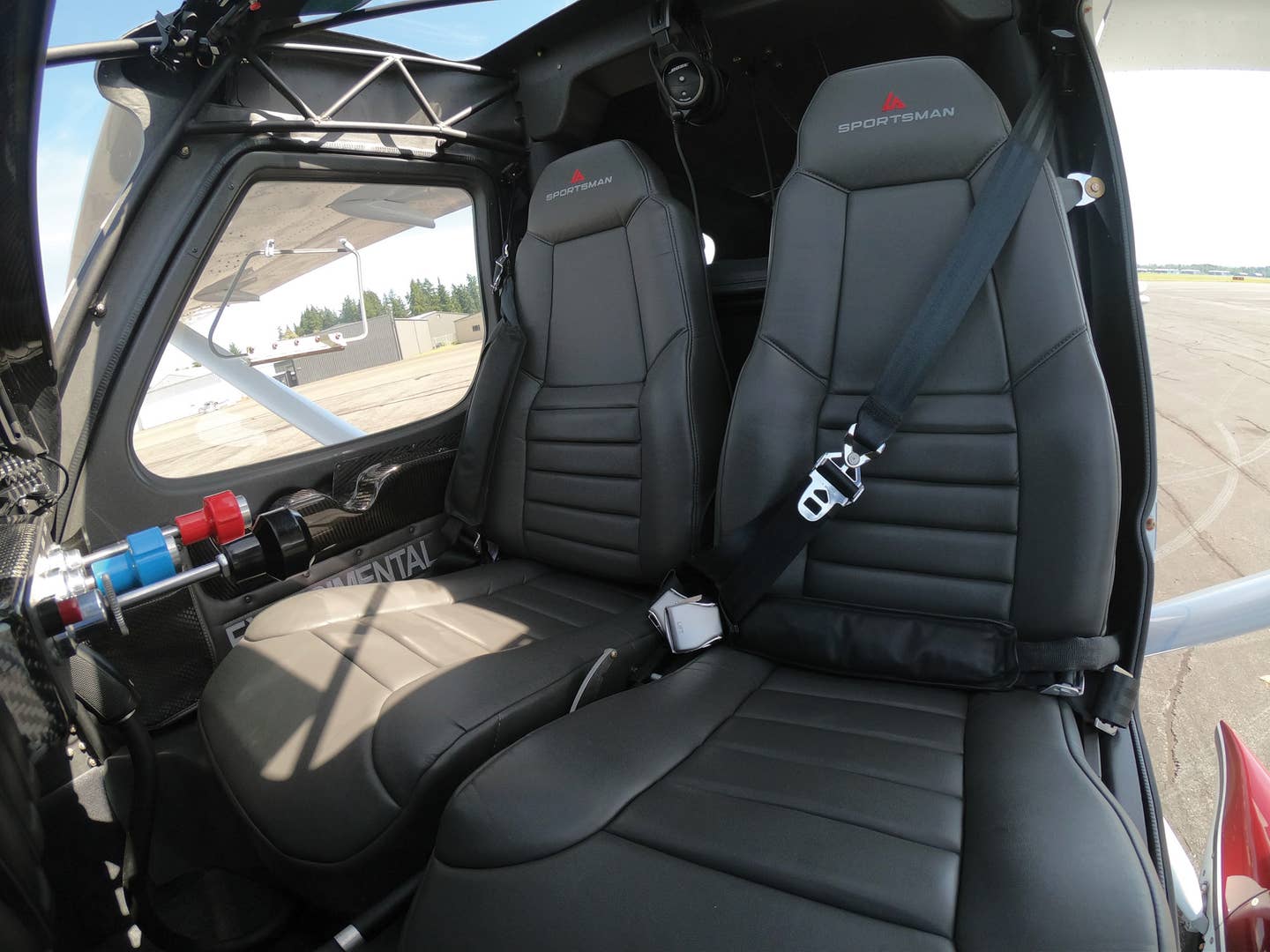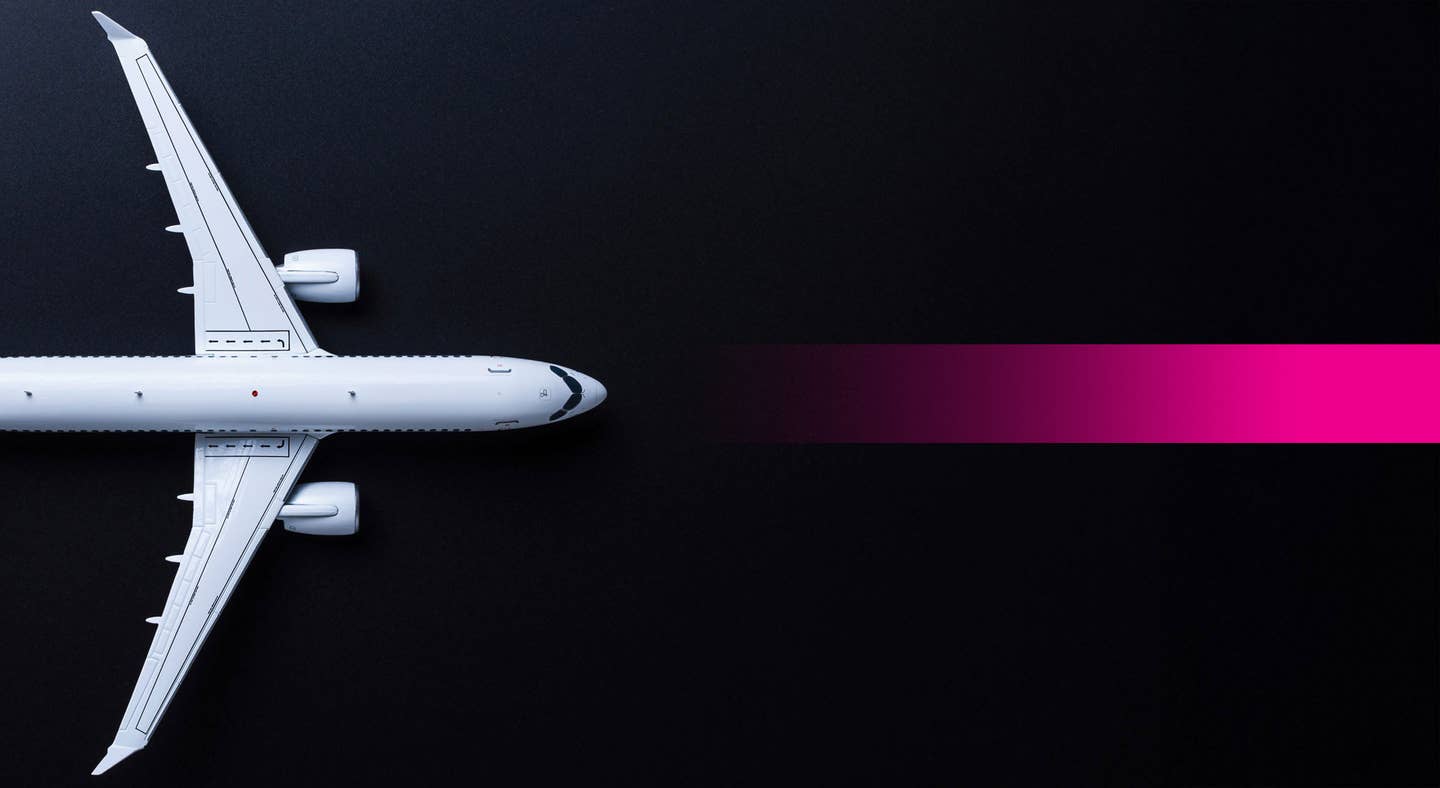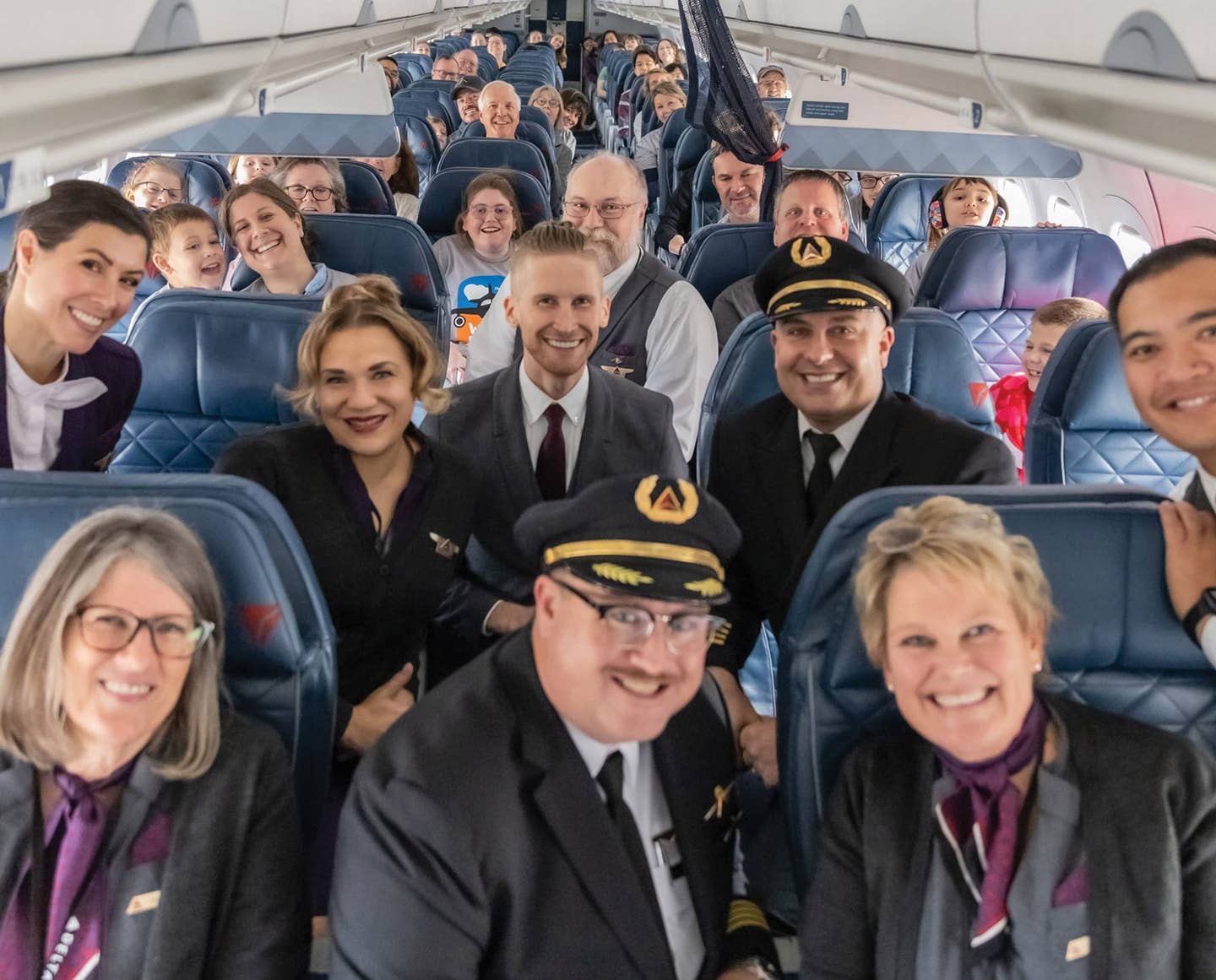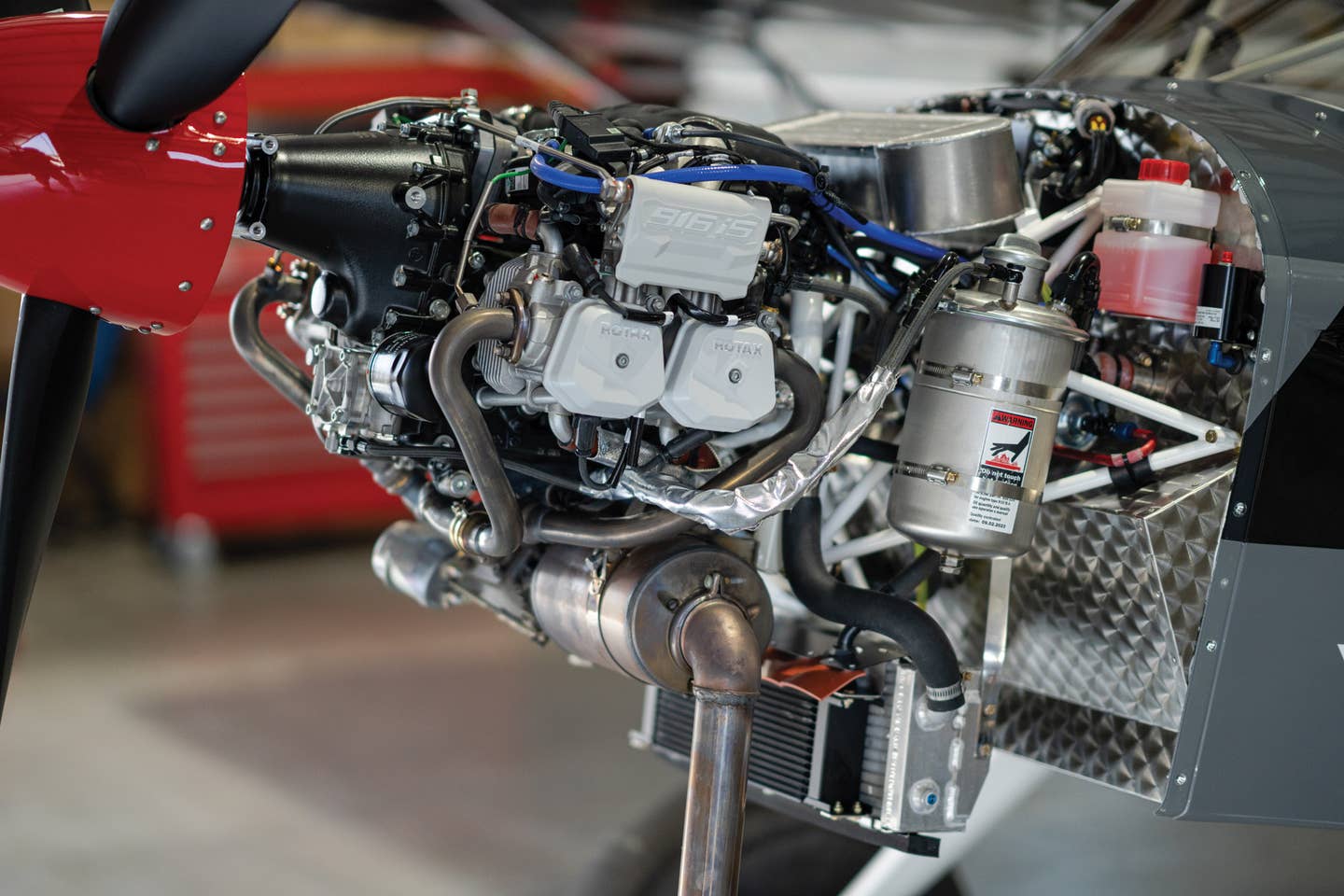Pilots, Flight Attendants Getting Sick. Airlines Keeping Mum On Numbers.
Pilots, cabin crew and ground support workers testing positive for the coronavirus. How bad is the situation now? How bad will it get?
It's no secret that airliner passengers and crews are at an increased risk of infection with the novel coronavirus that causes the COVID-19 disease, but how many pilots and flight attendants have come down with the virus? It's impossible to say right now for two reasons. There's not enough testing capacity in the U.S. health care system to get tests for all who are symptomatic, let alone for all flight crewmembers, and a substantial percentage of people who acquire the novel coronavirus never experience symptoms or have only mild symptoms they might not associate with COVID-19.
The subject has come to the fore this week after reports came out that a Philadelphia-based flight attendant for American Airlines, Paul Frishkorn, who was a long time union rep, died of COVID-19 earlier in the week. Frishkorn, who was in his early 60s, is the first U.S.-based crewmember that we know of, but there are reports of pilots and flight attendants are getting sick. How many is impossible to know right now, and that seems to be part of the problem. There is no mandated reporting by the airlines, and pilots seem concerned that there are more infections that anyone is aware of.
Reports are still anecdotal. I know two pilots who likely have it, one who has been diagnosed with COVID-19, and the other with serious symptoms consistent with the disease. The latter, who is in her late 30s, is recovering at home and reportedly improving after earlier experiencing severe symptoms, all part of an ordeal that is closing in two weeks now. According to a post on her Facebook page, when she reached out to her health care provider to get tested, she was informed that, "Due to a severe shortage of supplies, we are only able to order COVID-19 test for hospitalized patients, or health care workers." They offered a virtual visit to see if hospitalization was recommended.
The other pilot, who is in his late 50s, started experiencing symptoms after a flight from Rome, Italy, which has experienced among the highest coronavirus infection and mortality rates in the world. A flight attendant on the same flight was diagnosed with the virus afterward. The pilot was tested and the result was positive for COVID-19. His wife is also sick now and is awaiting test results.
The stricken pilot tells us that his airline's management is not being transparent about how many other pilots and cabin crew are sick, though he said he does know through message board communications of three pilots and six flight attendants who have or likely have COVID-19. We were unable to find any statements or other information on numbers of pilots or cabin crew members who who had contracted the disease from any of the airlines we researched.
And there's mixed feedback from those reached out to about the availability of sanitizing supplies, for their workspace and for the cabin, with one pilot telling us that they often don't have alcohol wipes, and that sometimes the flight attendants don't either. And he expressed skepticism that between flights the planes' cabins were getting cleaned anywhere near as well as they need to be to help prevent transmission of the virus from the deplaning passenger to the departing one. Most of the pilots we asked said there were plentiful supplies.
One first officer suggested that it might not matter. "Up to this point, he said, "I assume I have been exposed many times over and probably have had COVID-19 and didn't know it," adding that this is likely true for "every crew member in the U.S."
Another pilot, a captain for a major airline, expressed concern for all the crew but especially the flight attendants, who are "back there with our passengers, and although loads are light, some flights are still full." Even when loads are less than full, there's still a lot of moving around, with passengers eager to space themselves out through the cabin to get as much physical distance from each other as possible. The risk doesn't seem lost on the flight attendants, who are, the pilot wrote, very much "on edge."
Another flight attendant we reached out to confirmed this. "Are we scared? You bet." And being on duty," she added, isn't the only part of it. "The onslaught of terrible news, the stress of hearing about people dying and suffering and the fear of not knowing if you're going to get sick is underlying everything," she said, "I'm terrified. I DO NOT want to get this," she wrote. "I had a sore jaw early this week and I figured out it was from clenching my teeth pretty much all day."
And this flight attendant reiterated what we heard from everyone we reached out to, that management seems to be sharing no information about how many employees are sick. "We get zero info about the numbers of company employees that have tested positive for COVID-19," she said, and added that certain company moves of late, like creating easier ways for flight attendants to schedule trips and use sick leave, seem like signs that the airline is struggling to find cabin crew members for flights.
While there is tension between airline employees and their management, a few of the pilots we reached out to expressed understanding for the tough spot their managers find themselves in---"between a rock and a hard place," as one pilot described it. The airlines want to stay in business and the pilots want that too, but there are lives on the line, as well.
Some pilots are angry about the circumstances, especially when they fly flights heading to resort destinations. One reported feeling as though on flights like that, they become part of the problem rather than the solution.
And while the airlines have overwhelmingly classified their flight crews as "essential" employees, some pilots believe that designation is inaccurate. One went so far as to say, "!essential is not the right word. What they mean is ’expendable.'"
Just as it's impossible to know how many pilots and flight attendants are sick, it's even harder to know how airline management sees their role during this virus. Indeed, the attitudes might vary widely from carrier to carrier.
It seems likely, though, that with the rapid transmissibility of the novel coronavirus and the close proximity of flight crew to each other and thousands of passengers and ground crewmembers each day, we will see many more pilots, flight attendants and other airline employees come down with the disease.

Subscribe to Our Newsletter
Get the latest Plane & Pilot Magazine stories delivered directly to your inbox






